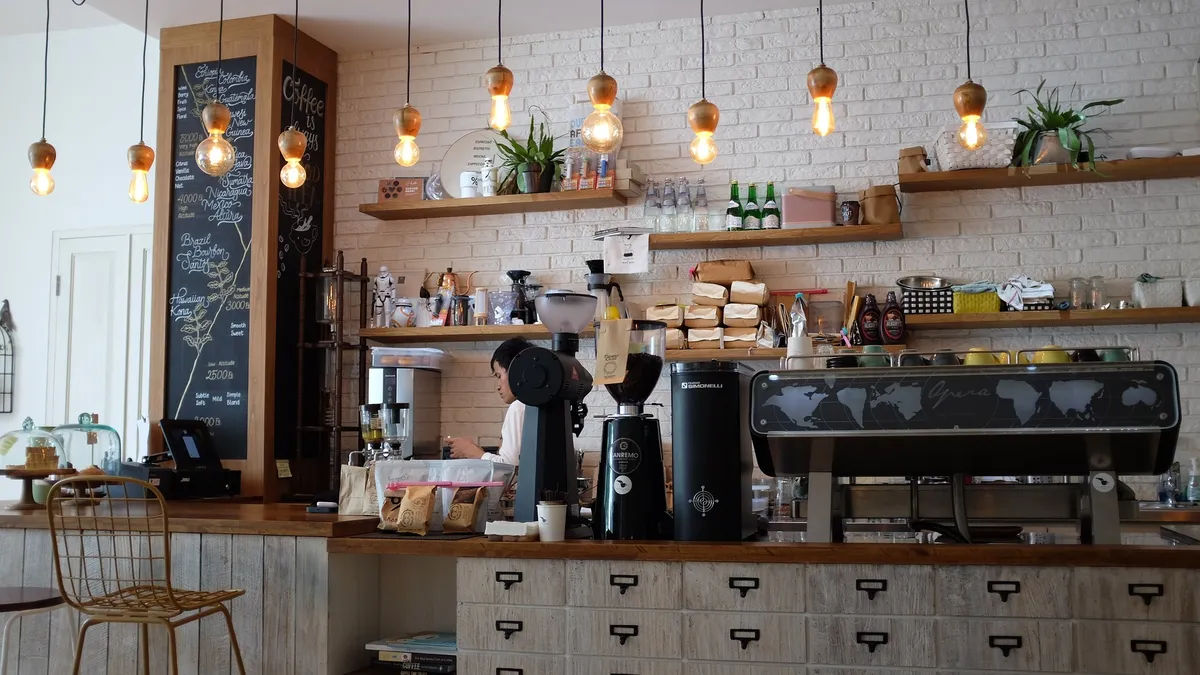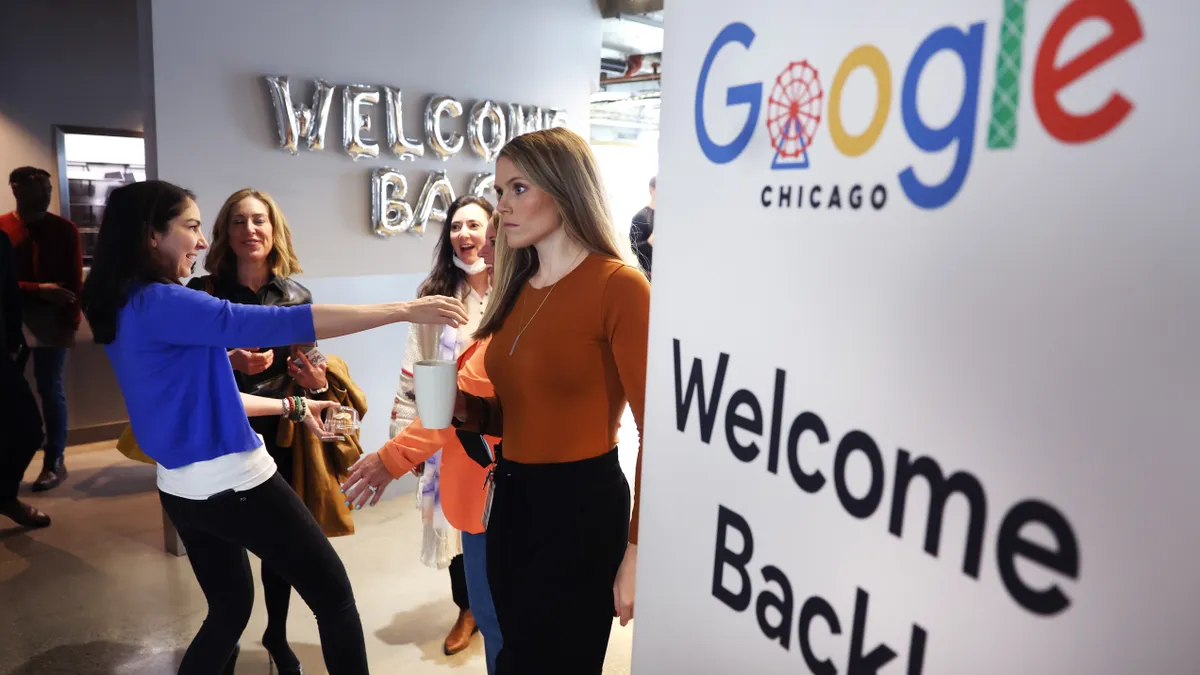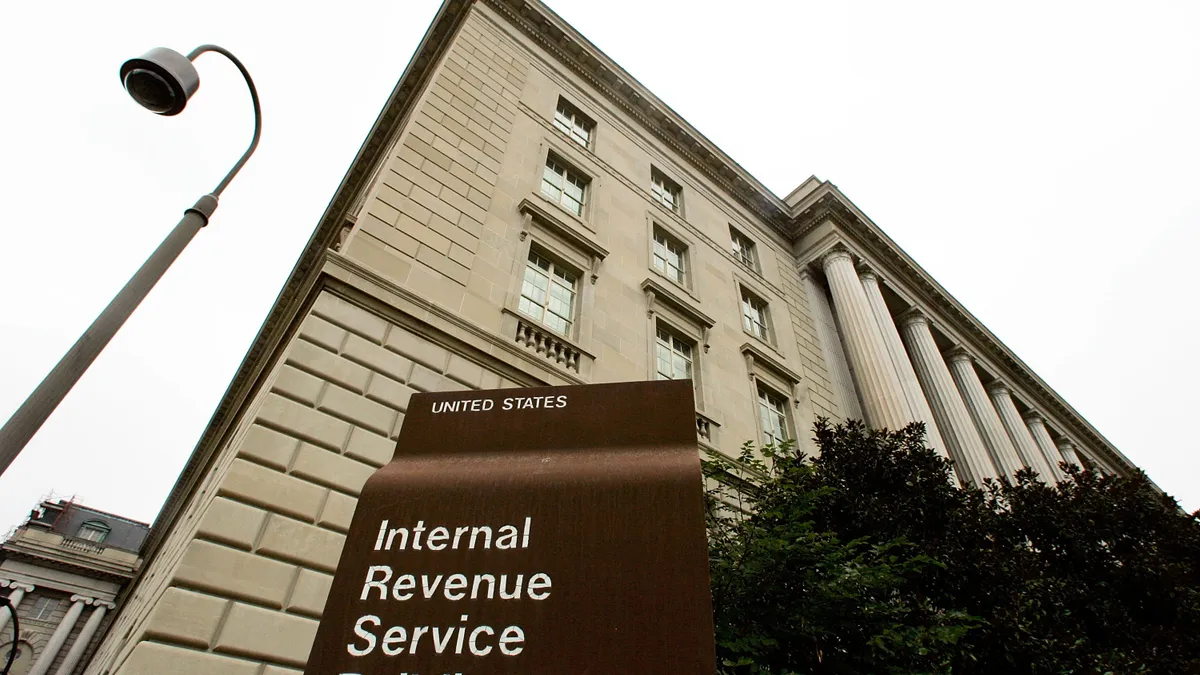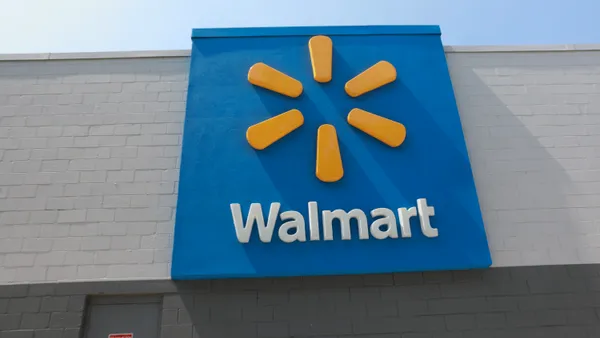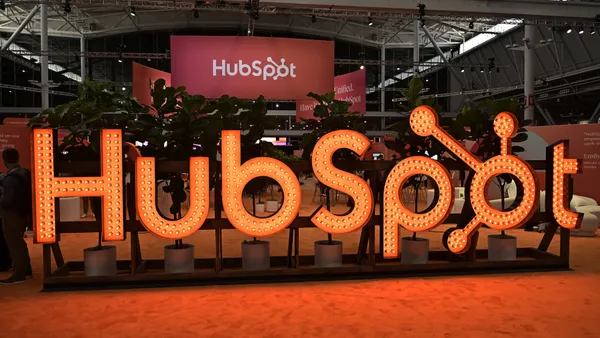Dive Brief:
- Latino-owned businesses in the U.S. have fewer resources to weather the ongoing COVID-19 pandemic and the effects are immediate and largely negative, according to a research report by the Stanford Latino Entrepreneurship Initiative published Aug. 4. About 16% or 1 in 6 of Latino-owned businesses can survive beyond six months with the current cash on hand, compared to 24% of White-owned businesses, the report found.
- Comparing data between March and June, almost twice as many (31% and 74%, respectively) Latino-owned businesses reported revenue decline, according to the report. The researchers noted that both Latino-owned businesses and White-owned businesses are experiencing significant impacts amid the pandemic. However, Latino-owned businesses have less of a cash buffer and are less likely to have received funding from the Payroll Protection Program (PPP).
- Many Latino-owned businesses are operating in industries that took a hard hit due to the pandemic. The majority (71%) of all businesses that reported "a large negative impact" in June are in the accommodation and food services industry; and 13% of all Latino-owned businesses are located in this sector, and second only to the construction industry, according to the report. In their analysis, researchers surveyed 7,000 business owners, and reviewed U.S. Census pulse surveys to gauge the impact of the pandemic.
Dive Insight:
The PPP loan program, which expired Aug. 8, is included in the Coronavirus Aid, Relief and Economic Security Act, as part of the government response to help small businesses with payroll and to stay afloat. But research indicated racial bias by some banks in PPP loan lending. About 20% of Latino-owned businesses had all of their PPP funding approved compared to 54% for White-owned businesses, according to the Stanford report.
Using the latest census data, the report also found that "nearly 400,000 U.S. Latino-owned employer firms in 2017, employing 3.4 million people and generating nearly $500 billion in annual revenue," the researchers stated. "If we fail to support our businesses, our economy will shrink by billions," Carmen Castillo, chairwoman of the board of directors, U.S. Hispanic Chamber of Commerce, said during a House Financial Services Subcommittee on Diversity and Inclusion hearing July 9.
To support the growth of small businesses owned by members of underrepresented groups, many companies incorporate supplier diversity programs into their diversity and inclusion initiatives. It is essential to ensure "your vendor pipeline, whether you're a business or the government, is truly sufficiently diverse," Jason Wright, a partner at consulting firm McKinsey, said during a roundtable discussion with senior leaders about inclusive growth July 28.
During the pandemic, Lowe's is one company focusing on supplier diversity and providing small business grants, Jorge De La Jara, global senior director of culture and diversity and inclusion at Lowe's, said during the discussion. "The company has given over $25 million dollars toward diverse, small businesses," De La Jara said. "We're adding another $25 million dollars for rural businesses as well."
CVS Health is another company that has invested in supplier diversity. The company's engagement with small and diverse businesses last year resulted in more than "$5.6 billion in contributions to the U.S. economy and sustained 35,746 U.S. jobs," according to its 2019 suppler diversity report. In 2017, CVS Health reached $1 billion in spending annually with diverse suppliers.
As attempts by Congress to extend the PPP loan program after Aug. 8 have not yet come to fruition, supplier diversity programs and assistance from grassroots organizations aim to provide relief to Latino-owned small businesses.



